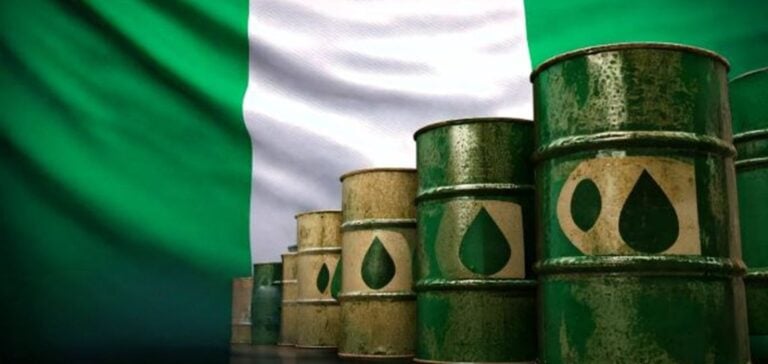Amid global shifts in energy product flows, Nigeria is turning to the Caribbean to expand its energy influence. The country recently announced a partnership with the Global Petroleum Group (GPG) to explore and exploit Grenada’s hydrocarbon resources. Led by Oceangate Oil and Gas Engineering, this project represents an investment of USD 1.8 billion, with the potential to reach USD 8 billion depending on exploration results and production capacity. Oceangate’s leaders have indicated that this initiative could lead to the island’s first commercial hydrocarbon production.
A Strategic Investment for Nigeria
Nigeria aims to diversify its markets for refined products, especially with the start-up of the Dangote refinery, which, with its capacity of 650,000 barrels per day, is one of the largest in Africa. This refinery, located in Nigeria, recently hosted Grenadian Prime Minister Dickon Mitchell to discuss potential partnerships in the energy sector, as well as in cement and fertilizers.
Nigeria’s interest in Grenada is part of a broader strategy to enhance its international outlets and foster economic alliances with Caribbean nations, which have historically depended on imports of refined petroleum products.
Prospects for Grenada
Since 2008, GPG has conducted explorations in Grenada’s offshore blocks, but proven hydrocarbon reserves have not yet been fully quantified. Recent discoveries, particularly at the Nutmeg-2 well, suggest significant potential. Oceangate’s involvement could accelerate the assessment and potential production of these resources.
The agreement between Oceangate and GPG involves a production-sharing arrangement with the Grenadian government for 38 years, covering approximately 7,500 square kilometers of offshore zones. This project could stimulate the local economy by attracting investments in essential support infrastructure.
Regional Competition and Opportunities
In the Caribbean, countries like Trinidad and Tobago already have well-established refining infrastructure and oil production. Trinidad and Tobago currently produces around 54,000 barrels of oil per day and recently moved to restart a refinery that was closed in 2018. One of the companies vying for this project is the Nigerian firm Oando PLC.
If Grenada’s project is successful, it could inspire other Caribbean islands to explore their own hydrocarbon resources, thereby reducing energy imports and boosting energy independence.
An Economic and Geopolitical Stake for Nigeria
For Nigeria, this move into the Caribbean could also have geopolitical implications, reinforcing its economic influence in a region where energy resources remain underutilized. This partnership may also provide a solution for the Dangote refinery’s challenge of finding new markets for its refined products.
The project with Grenada marks a significant step in Nigeria’s ambition to become a major energy player not only in Africa but also globally.






















